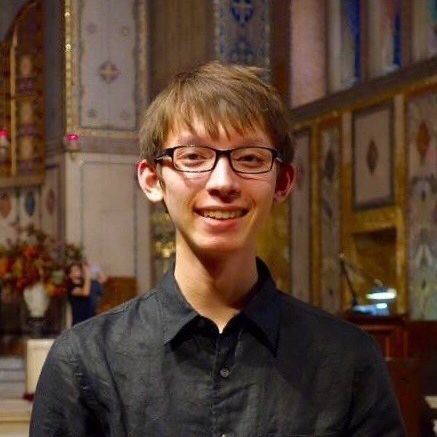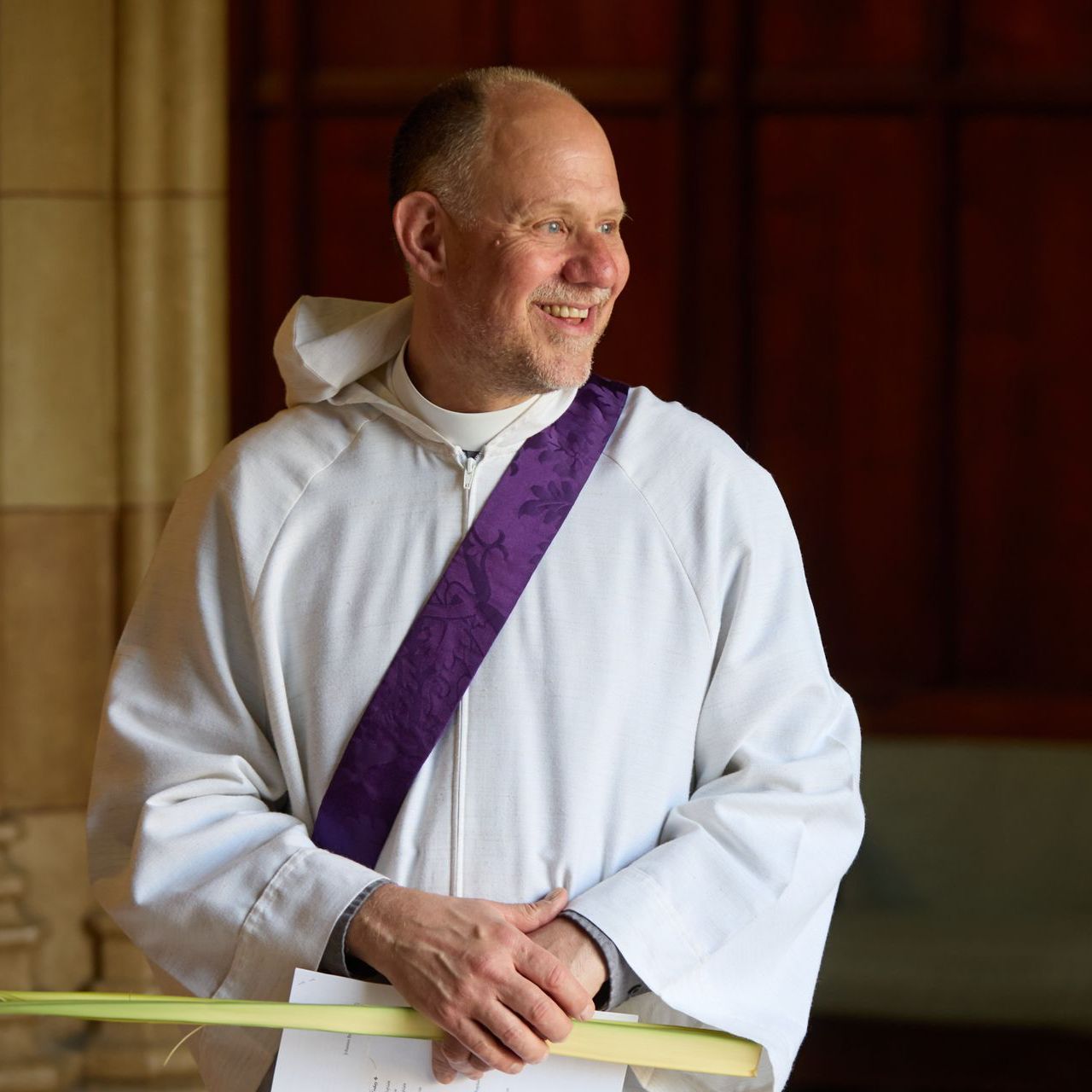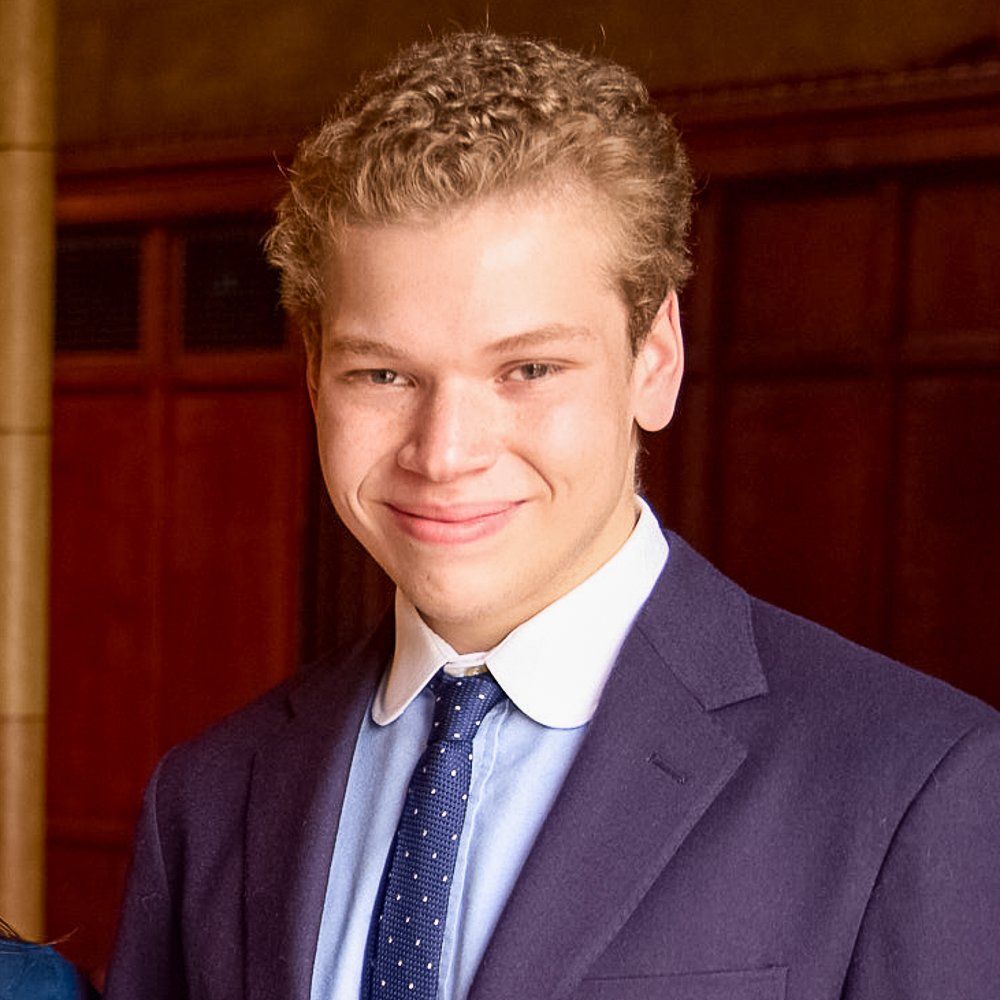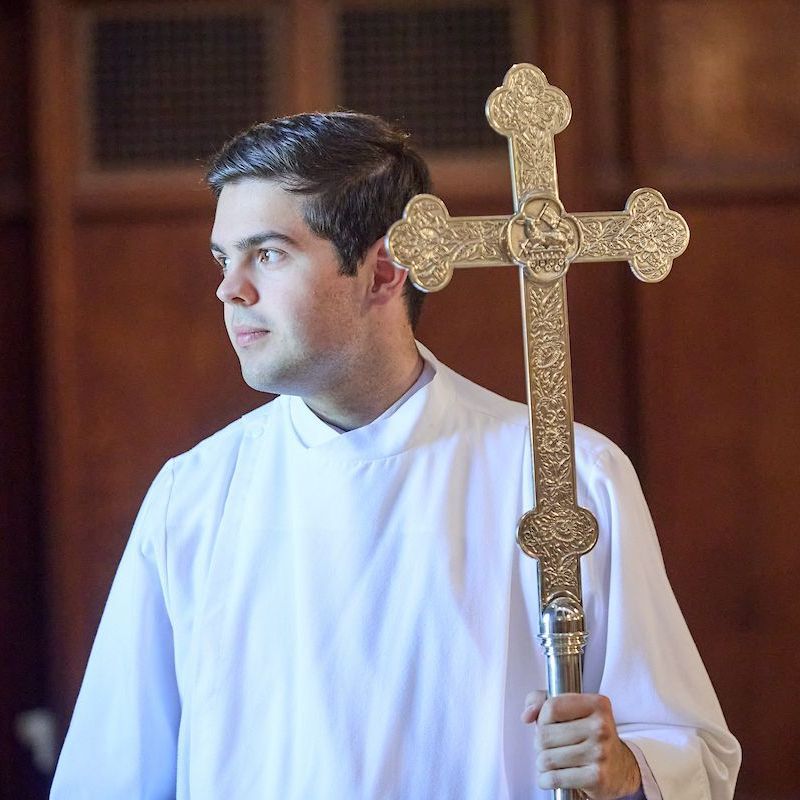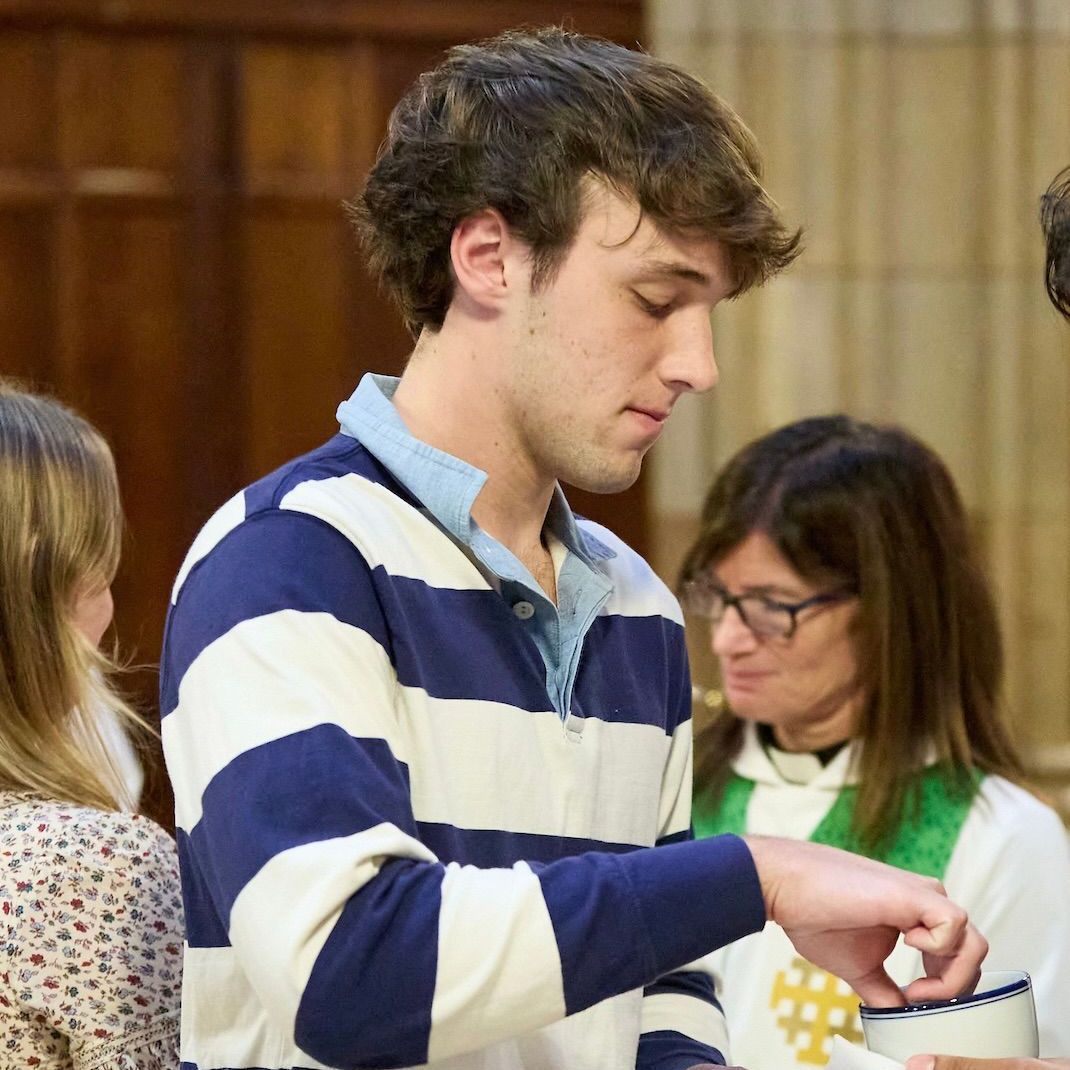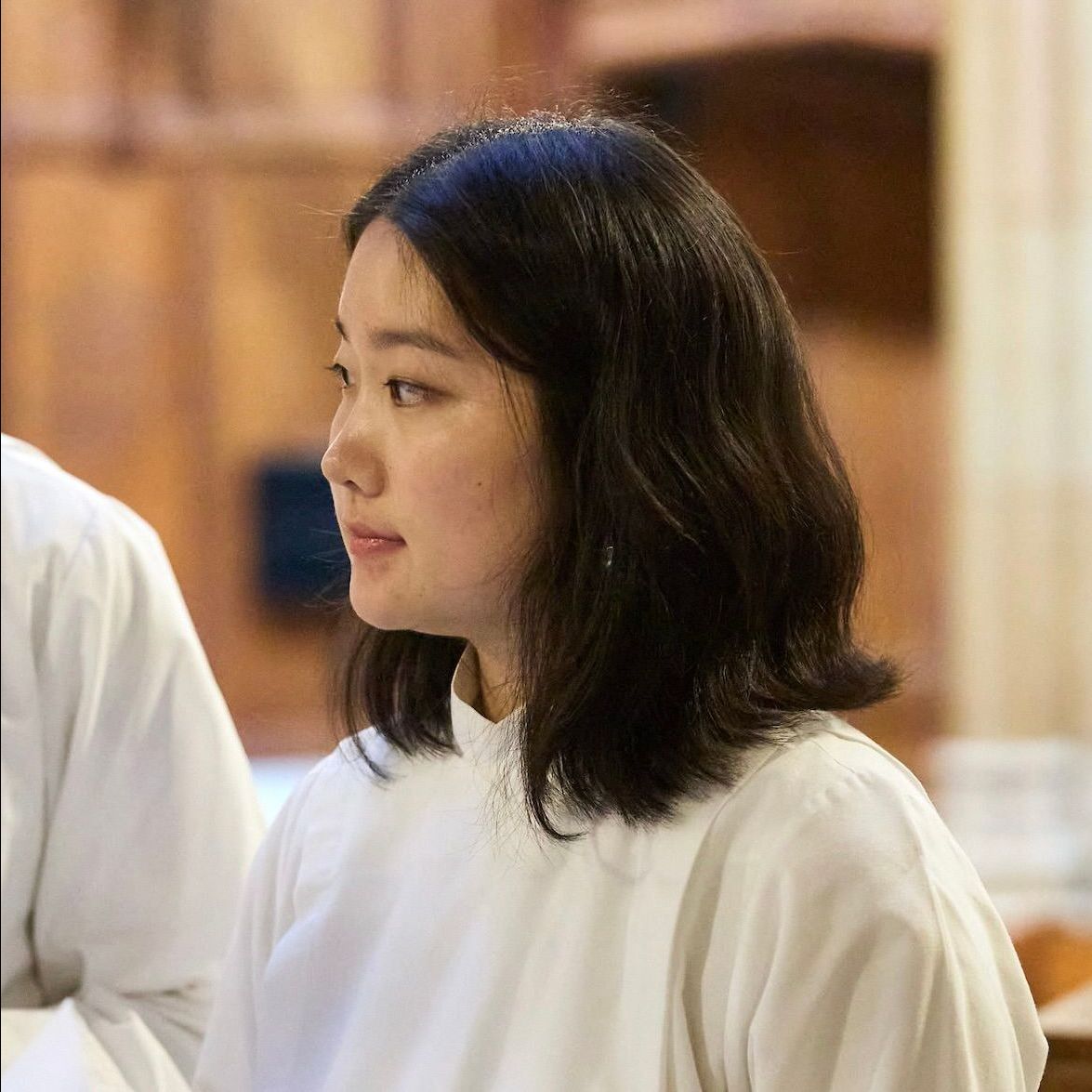CHAPLAIN
ASSISTING STAFF
CONGREGATIONAL COUNCIL
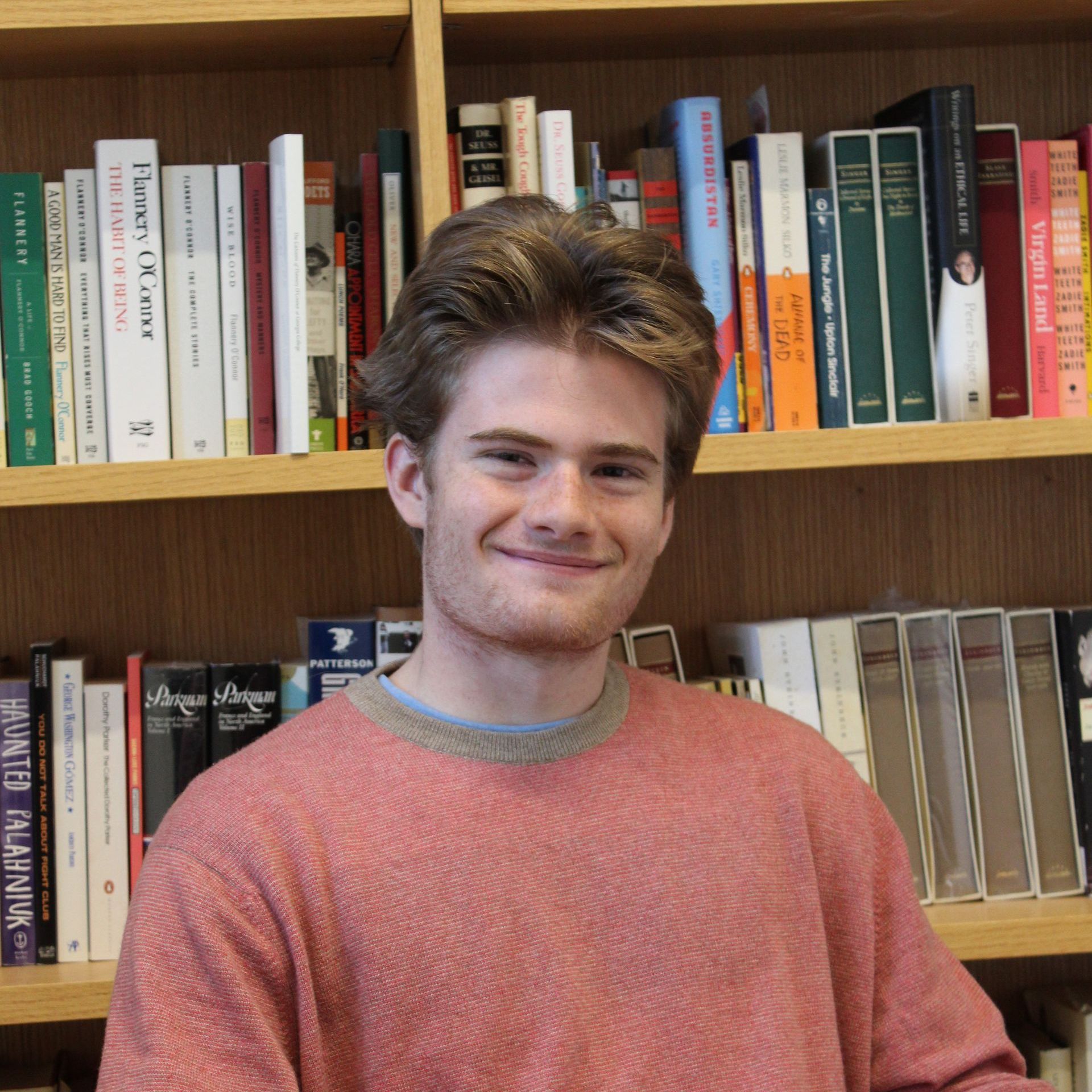
Will Barbee, SC ’26
Congregational Council Co-Chair,
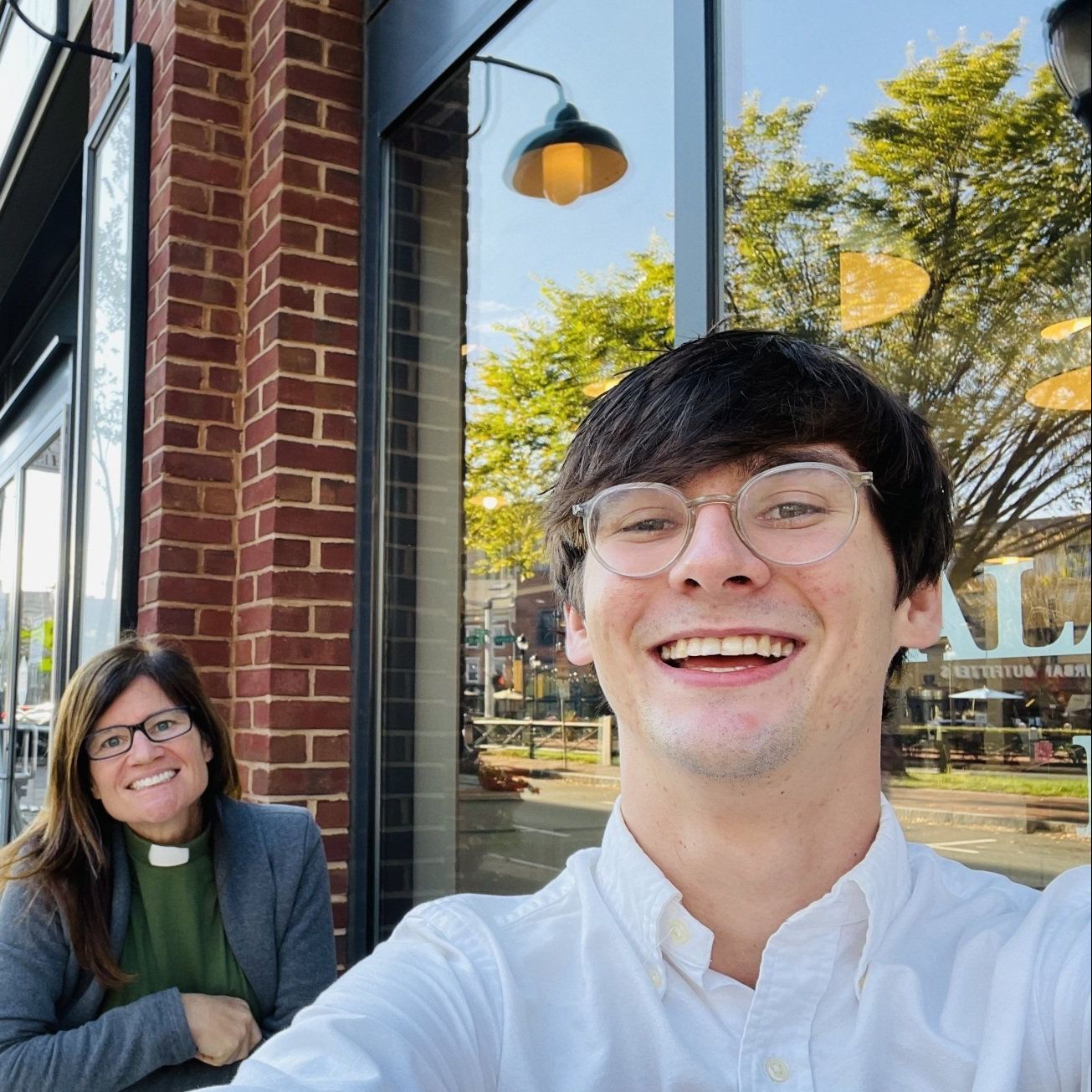
Matthew Merritt, TD ’25
Congregational Council Co-Chair Emeritus
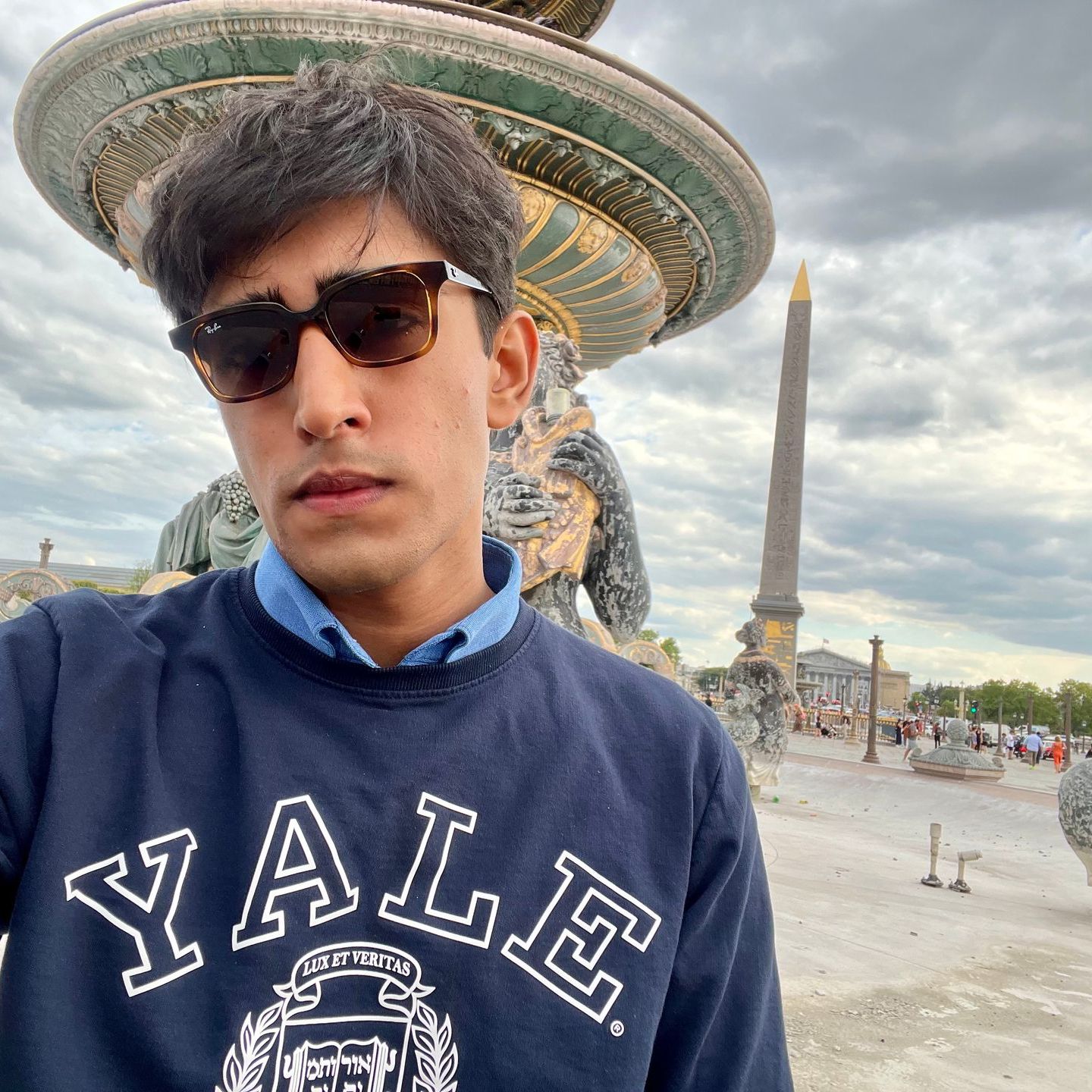
Yash Chauhan, BF '26
Congregational Council

Bella Garcia, BF '26
Congregational Council Co-Chair
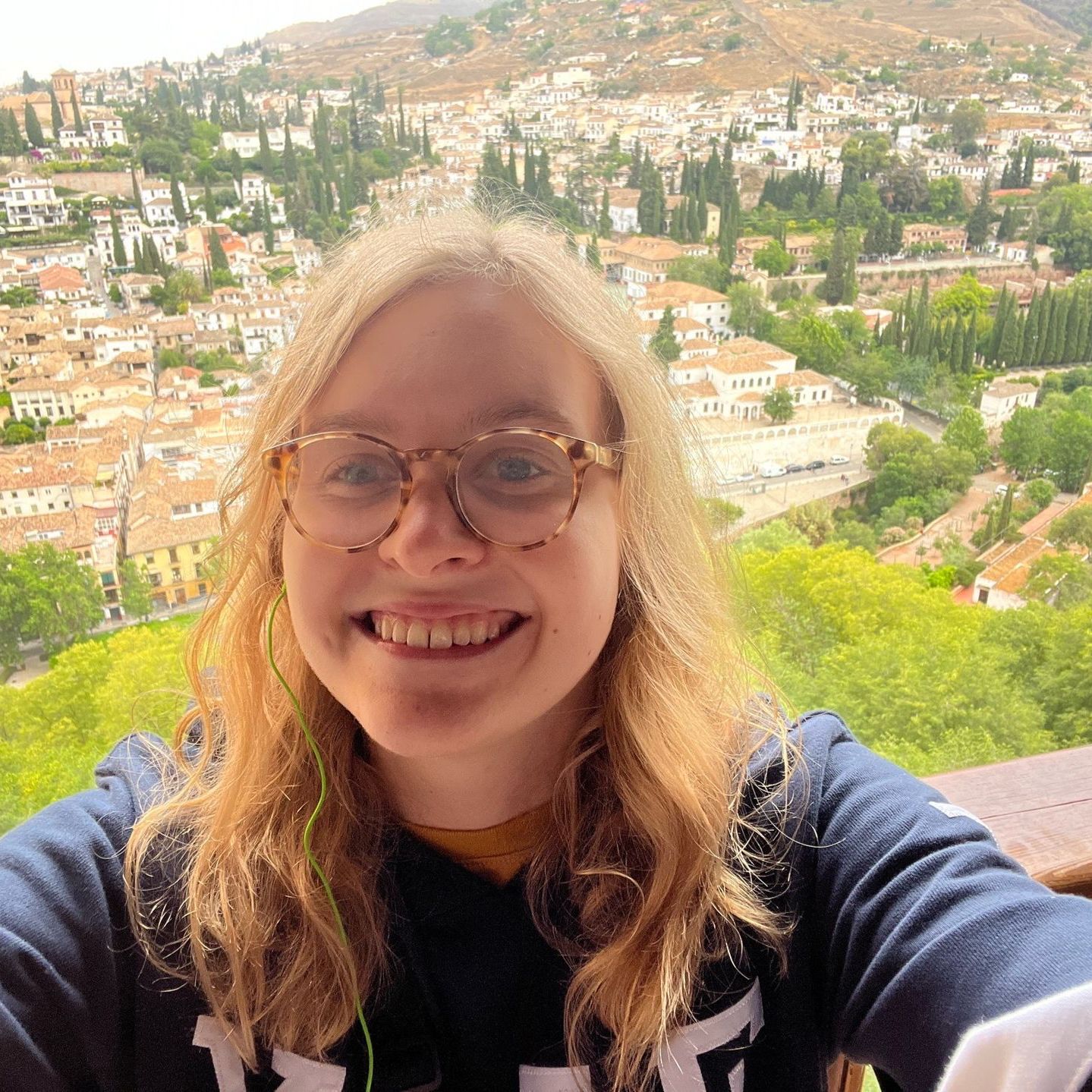
Kate Hall, ES'26
Fellow for Finance & Fundraising
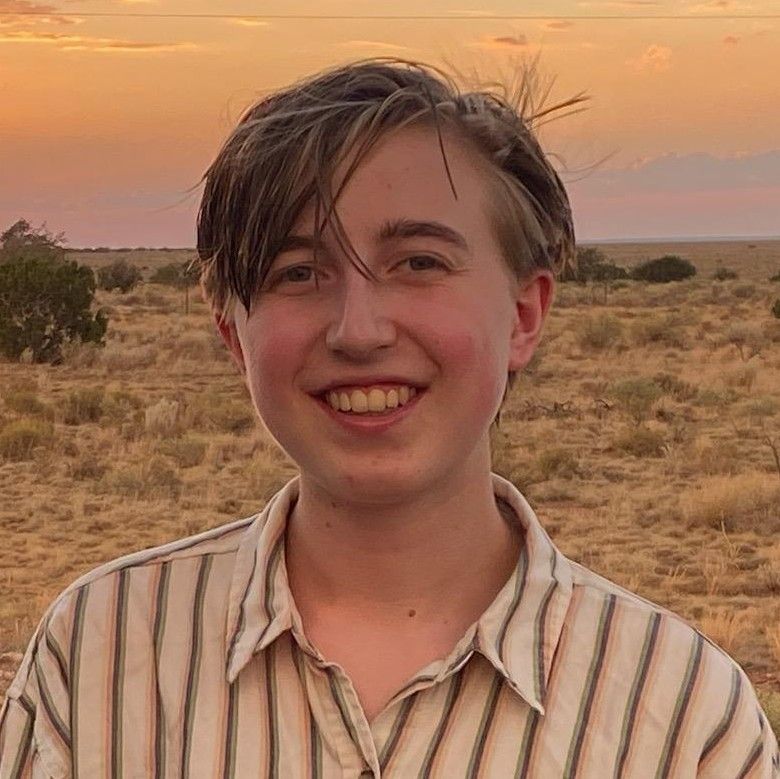
Tally Vaneman, GH '27
Fellow for Hospitality

Anne Maria Lin, MM '25
Associate Music Director

Nico Prescott, '25
Congregational Council
BOARD OF GOVERNORS
The Rt. Rev. Laura Ahrens, Ecclesiastical Authority
The Rev. Alice H. Courtright, Board Chair
James Seymour, Treasurer
Patricia Kincaid Thurston, Board Assistant Treasurer
Jere A. Wells, Board Vice Chair
The Very Rev. James F. Turrell, Board Member
Isabel Murphy,
Board Member
Carolyn Guard, Board Member
Valarie Stanley,
Board Member
Jocelyn Wickersham, Board Member
Andrew J. Smyth, Secretary
John Seibyl, Board Member
Waddell Stillman, Board Member
Bella Garcia, Board Member
Emily Guimaraes, Board Member
Jonathan Taylor, Board Member
Dick Hollister, Board Member

